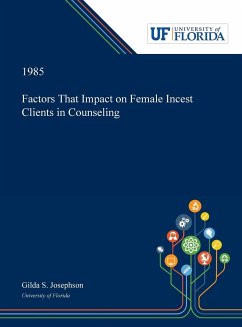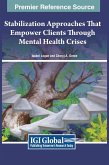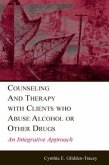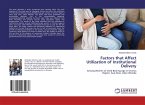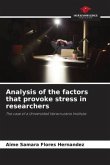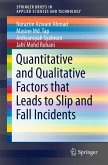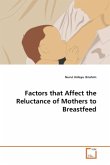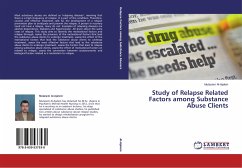Abstract: Incest victims often seek counseling as adults for relief from a variety of difficulties. Once in counseling, some victims avoid disclosing incest to their counselors, while others disclose and resolve conflicts associated with incest. The purpose of this study was to identify and explore factors that assist female adult incest clients in disclosure and exploration of incest during counseling. Clients' background factors, counselors' characteristics, attitudes, and behaviors, and other factors were investigated. Thirty-seven women who were sexually abused during childhood by family members and who had visited counselors in the past three years participated in this study. Each subject completed a structured interview and a Barrett-Lennard Relationship Inventory (BLRI) Demographic and incest data were described. Variables of interest such as client background factors, factors related to childhood disclosure, counselors' characteristics, counselors' reactions to incest disclosure, impact of disclosure and counselors 1 reactions on subjects, and other variables that might be related to disclosure were obtained from the interview. The BLRI was used as a measure of clients' perceptions of counselor characteristics. No relationship was found between disclosure of incest during counseling as adults and three client background factors: age of onset of incest, close relationships during childhood, and satisfaction with childhood counseling. Reactions that subjects received when they disclosed during childhood were not found to be related to disclosure of incest during counseling as adults. No relationship was found between disclosure of incest to counselors and perceptions of counselor characteristics prior to disclosure. Counselor characteristics that were helpful to subjects in disclosing and discussing incest were described. No relationship was established between counselors' reactions to subjects' disclosure and the amount of time spent discussing incest for the duration of counseling. Subjects' belief that incest was the main issue to discuss in counseling was not found to be related to disclosure of incest to counselors. Subjects disclosed most frequently when they thought they would feel better by disclosing, someone encouraged them to disclose to counselors, and/or when counselors asked them directly. Implications for training, practice, and research were discussed. Dissertation Discovery Company and University of Florida are dedicated to making scholarly works more discoverable and accessible throughout the world. This dissertation, "Factors That Impact on Female Incest Clients in Counseling" by Gilda S. Josephson, was obtained from University of Florida and is being sold with permission from the author. A digital copy of this work may also be found in the university's institutional repository, IR@UF. The content of this dissertation has not been altered in any way. We have altered the formatting in order to facilitate the ease of printing and reading of the dissertation.
Hinweis: Dieser Artikel kann nur an eine deutsche Lieferadresse ausgeliefert werden.
Hinweis: Dieser Artikel kann nur an eine deutsche Lieferadresse ausgeliefert werden.

